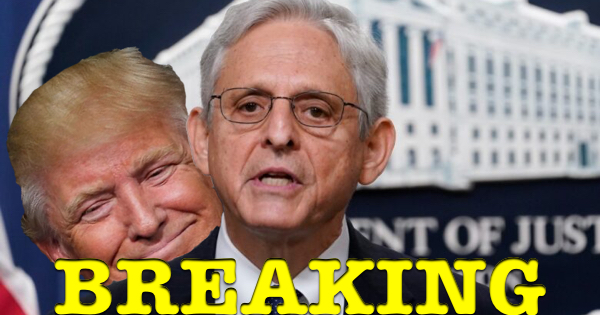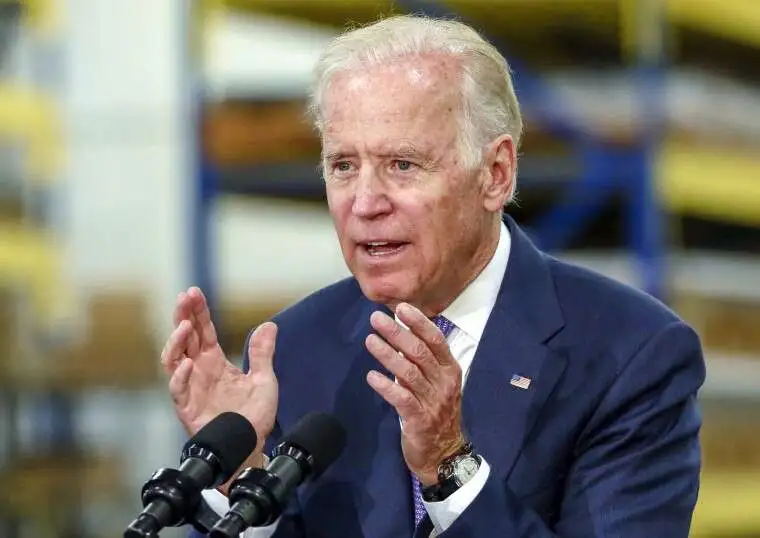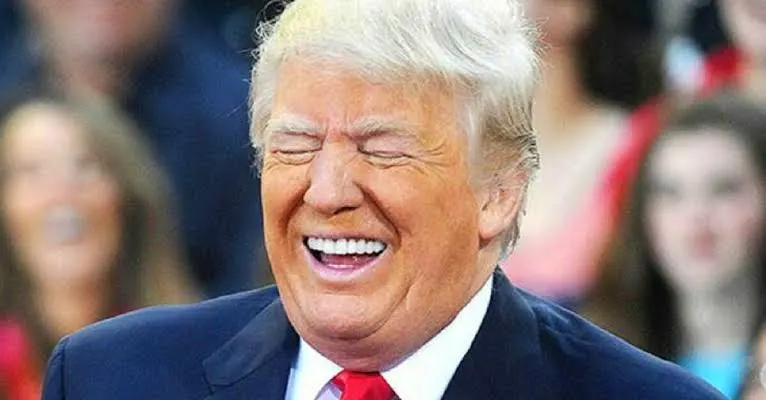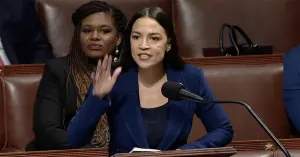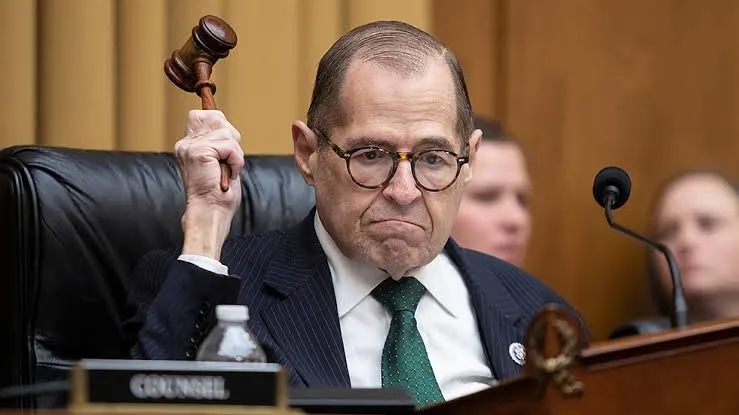House Oversight Committee Chair James Comer has launched an investigation into the Biden administration’s role in facilitating Ukrainian President Volodymyr Zelenskyy’s recent visit to an ammunition factory in Pennsylvania, a key battleground state in the 2024 presidential election. The visit, during which Zelenskyy thanked workers for their role in supplying munitions for Ukraine’s defense against Russia, has stirred controversy among House Republicans, with some questioning the political implications of the trip.
Zelenskyy’s visit was part of his efforts to maintain U.S. support for Ukraine’s war efforts, a priority for his government as Russia’s invasion grinds on. However, what drew Republican ire was the fact that several Democratic lawmakers joined Zelenskyy during the public appearance, leading some to allege that the Biden administration was allowing the visit to cross into politically sensitive territory. Comer, instead of focusing on the Democratic presence, raised concerns about the visit to Pennsylvania, a state that will play a critical role in determining the next president.
Comer’s investigation is particularly focused on the Defense and State Department officials who traveled with Zelenskyy from New Jersey to Pennsylvania, a trip paid for by the Department of Defense. According to Pentagon spokesperson James Adams, the officials were conducting “official business” related to U.S. security assistance to Ukraine, which included meeting up with Zelenskyy at Newark Liberty International Airport before flying to Pennsylvania. Adams clarified that the trip was part of ongoing efforts to support Ukraine in its fight against Russian aggression, and military airlift was requested to facilitate the travel of administration officials.
SUBMIT VISA APPLICATION
In letters sent to Secretary of Defense Lloyd Austin, Attorney General Merrick Garland, and White House Counsel Edward Siskel, Comer accused the Biden administration of potentially meddling in the 2024 presidential election by arranging the visit. He argued that Zelenskyy’s appearance in a crucial swing state like Pennsylvania could be seen as politically motivated, given the upcoming election. Comer drew a parallel between this situation and former President Donald Trump’s first impeachment, which centered around allegations that Trump pressured Zelenskyy to investigate Joe Biden during the 2020 campaign. In that case, Trump was accused of withholding military aid to Ukraine unless Zelenskyy announced an investigation into Biden’s son, Hunter.
Comer’s investigation is part of a broader Republican effort to scrutinize U.S. involvement in Ukraine and the Biden administration’s handling of the conflict. However, Democrats have been quick to push back on Comer’s allegations. Representative Jamie Raskin, the top Democrat on the House Oversight Committee, issued a statement criticizing Comer’s inquiry, calling it a distraction and pointing to Trump’s past efforts to use Ukraine for political gain. Raskin emphasized that Trump had threatened to withhold military aid from Ukraine unless Zelenskyy publicly announced a false investigation into Biden’s alleged corruption.
Raskin also accused Comer of downplaying the significance of Trump’s actions during the impeachment trial, which were seen by many as an abuse of power. In contrast, Raskin argued that the Biden administration’s efforts to support Ukraine are rooted in national security interests, not political calculations. He suggested that Comer’s investigation ignores the broader context of U.S.-Ukraine relations, particularly the ongoing war with Russia, which has devastated much of Ukraine and displaced millions of its citizens.
As the investigation unfolds, it is likely to further inflame tensions between Republicans and Democrats over U.S. policy toward Ukraine. While Republicans have become increasingly critical of continued military and financial aid to Ukraine, arguing that it is costly and unsustainable, Democrats have largely supported President Biden’s stance that aiding Ukraine is essential to maintaining global stability and curbing Russian aggression.
The political stakes surrounding Zelenskyy’s visit to Pennsylvania highlight the complexities of U.S. foreign policy and its intersection with domestic politics. Ukraine remains deeply dependent on Western military and financial assistance to counter Russia’s military advances. The Biden administration, for its part, has repeatedly affirmed its commitment to supporting Ukraine for as long as necessary, framing the conflict as a critical front in the broader struggle for democracy against authoritarianism.
Comer’s investigation may signal a new line of attack by Republicans ahead of the 2024 election, as they seek to tie Biden’s foreign policy decisions to electoral considerations. It also raises questions about how future U.S. administrations will navigate the delicate balance between providing international support and avoiding the perception of political interference. As the investigation moves forward, the House Oversight Committee will likely continue to scrutinize the details of Zelenskyy’s visit, while Democrats push back on what they see as an unfounded attempt to politicize U.S.-Ukraine relations.

